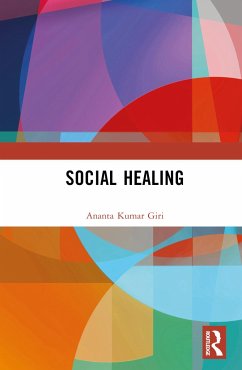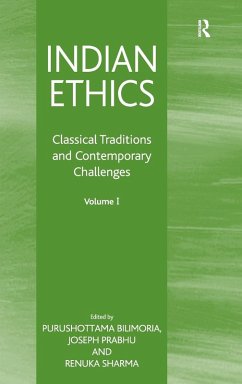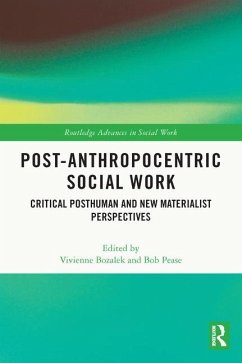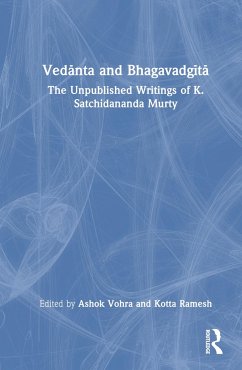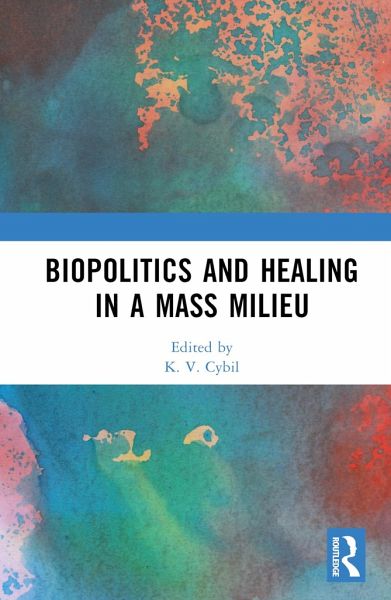
Biopolitics and Healing in a Mass Milieu
Versandkostenfrei!
Versandfertig in 6-10 Tagen
154,99 €
inkl. MwSt.
Weitere Ausgaben:

PAYBACK Punkte
77 °P sammeln!
Several of the key concepts of biopolitics have come under scrutiny since the outbreak of Covid-19 pandemic. This volume brings into discussion how biopolitics can be conceptualized critically within a milieu of mass healing, such as in India. Contributors to this volume discuss crucial themes like geropolitics and pandemic reflections on the question of old age, borders and logistics in a world emerging from the pandemic, immunization of humans and humanization of immunity, thus defining the Indian contexts of the biopolitical problematic. Extending its analysis into a retrospective vision of...
Several of the key concepts of biopolitics have come under scrutiny since the outbreak of Covid-19 pandemic. This volume brings into discussion how biopolitics can be conceptualized critically within a milieu of mass healing, such as in India. Contributors to this volume discuss crucial themes like geropolitics and pandemic reflections on the question of old age, borders and logistics in a world emerging from the pandemic, immunization of humans and humanization of immunity, thus defining the Indian contexts of the biopolitical problematic. Extending its analysis into a retrospective vision of thought traditions and socio-political underpinnings that shaped modernity and post-coloniality in India, it also explores the medico-therapeutical discourse embedded in philosophy of medicine and philosophical modernity tracing its interstitial positioning as therapeutic-assemblages in a milieu of mass healing.
This book will be useful for scholars and researchers of biopolitics, philosophy, political philosophy, sociology, science and technology studies, medical sociology, health and well-being, and cultural studies.
This book will be useful for scholars and researchers of biopolitics, philosophy, political philosophy, sociology, science and technology studies, medical sociology, health and well-being, and cultural studies.





